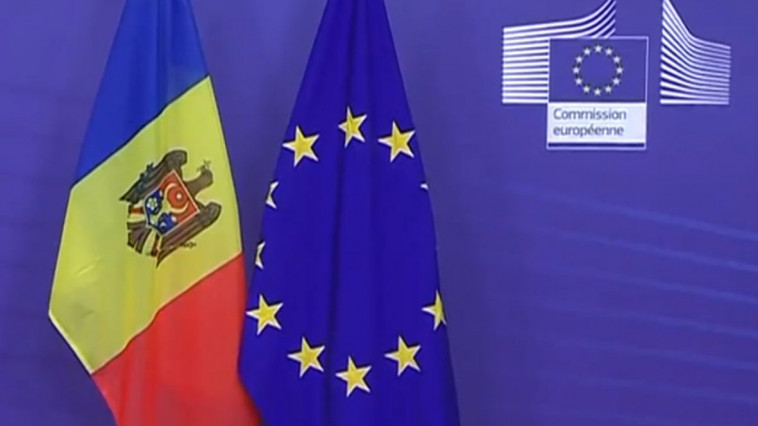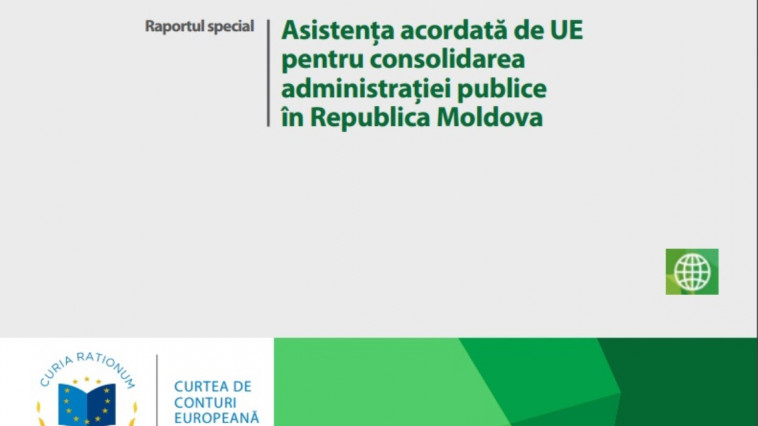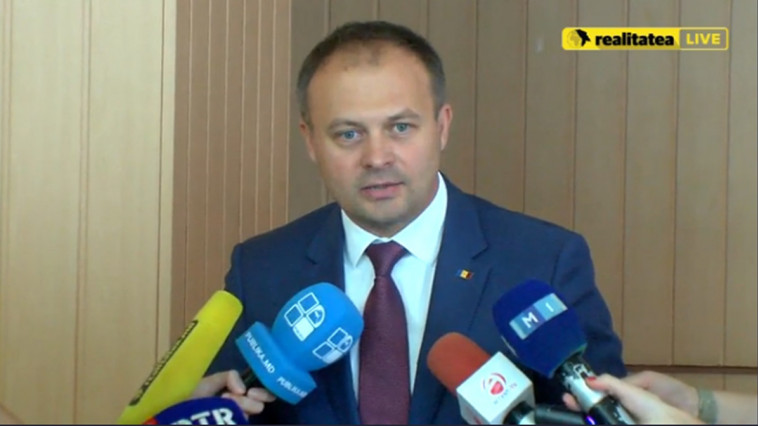Experts about the European Court of Auditors report: Premises and consequences

The audit of aid allocated to the Republic of Moldova during 2007-2015, to which is referring the Report of European Court of Auditors, it is an assessment audit of performance not of compliance that is mainly addressed to the European Commission. This is the opinion of the economic expert Roman Chirca who endorses that the audit is focusing on the effects that had the European technical assistance.
It is an assessment audit of performance not of compliance that is mainly addressed to the European Commission. This kind of character has, in the opinion of the economic expert Roman Chirca, the audit of aid allocated to the Republic of Moldova during 2007-2015, to which is referring the Report of European Court of Auditors
Chirca endorses that the audit is focusing on the effects that had the European technical assistance.
"Mostly, the audit determined that the effect of the implementation is limited, which means that those objectives were not achieved,which mostly, were very vaguely outlined. Under certain objective factors, including the lack of cooperation from the Republic of Moldova and the European Commission have created that limited effect, either we speak about the judicial reform, fight against corruption and many other projects. In fact, overall, the report is addressed to the European Commission and is based on the implementation of European technical assistance during 2007 - 2015. Analyzing other audit reports, from other countries, no big deal", stated the expert.
The expert specifies that this audit is focusing on how the European projects are prepared and is monitoring their implementation.
"This report will not influence the external assistance. Instead, the audit highlights the quality of the projects, quality of the established goals in these projects. Thus, the period of preparing the projects will be given a more thorough attention and will be done a more qualitative work for implementing these projects. The lack of cooperation from the Republic of Moldova is recognized as an obstacle, and this may be explained by frequent change of governments. Fundamental changes have occurred in the creation of coalitions. The report is referring to the period of 2007, when the Communists were governing, until 2015, when happened many political crises, which somehow explains, but does not justify the the lack of cooperation from the Moldovan side", added Chirca.
In conclusion, Chirca mentioned that the audit is a successful one and suggests that European technical assistance could be managed more efficiently: "This is a feature of the performance audit. Based on a methodology, this type of audit is more subjective than the compliance audit, in which we can see how the allocated project funds are spend".
On the other hand, the expert Sergiu Gaibu considers that, upon submission of this report, the European Commission will be more rezerved to allocate new funds in a short period of time. However, a positive aspect on long-term is that more efficient mechanisms will be implemented to manage these funds.
"It is a good thing that the money that will come, will be managed by better mechanisms. The most part of this money will contribute at Moldova's development. When the trust will be regained, then the money will go to citizens benefit", added Gaibu.
We remind that the report of European Court of Auditors regarding the audit on the financing of Republic of Moldova during 2007-2015 was published yesterday. In this report is mentioned that Republic of Moldova received - since 2007 - financial aid amounting to €782 million which represents nearly €37 per inhabitant. This is "the highest amount among the EU’s eastern neighbours".
The authors of the document also say that the EU faces significant challenges in implementing assistance for Moldova and that they found only limited evidence showing the EU aid had contributed effectively to the progress of Republic of Moldova.
It should be noted that the President of Parliament, Andrian Candu, stated that the competent institutions will prepare a report about the European audit on the matter of the funds granted to the Republic of Moldova. This report will be discussed at the Council for European Integration meeting.
















